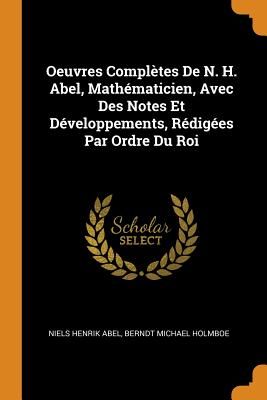Home
Histoire du droit savant (13e-18e siècle): Doctrines et vulgarisation par incunables
Loading Inventory...
Barnes and Noble
Histoire du droit savant (13e-18e siècle): Doctrines et vulgarisation par incunables
Current price: $59.99


Barnes and Noble
Histoire du droit savant (13e-18e siècle): Doctrines et vulgarisation par incunables
Current price: $59.99
Loading Inventory...
Size: OS
*Product Information may vary - to confirm product availability, pricing, and additional information please contact Barnes and Noble
This third selection of articles by Robert Feenstra complements the two previously published, continuing his studies of doctrines of private law and of texts related to university teaching from the 13th century into the early modern period. In the section on private law, some pieces deal with the Middle Ages, while others focus on Hugo Grotius. Property is again an important topic, but this time joined by legal personality (foundations) and negligence (vicarious liability included). The studies on the history of texts are mainly concerned with works dating from the 14th and 15th centuries. One is devoted to a little-known civil law teacher at the University of Orléans and his commentary on a part of the Digest. The four others deal with treatises belonging to the so-called 'vulgarisation' of the 'droit savant' (medieval Roman and Canon law); most of these include important contributions to the history of early printing (incunabula and post-incunabula). Cette troisième sélection d'articles de Robert Feenstra complète les deux précédentes; elle constitue la suite de ses études sur les doctrines de droit privé et sur des textes se rapportant à l'enseignement universitaire du XIIIe jusqu'au XVIIIe siècle. Dans la section consacrée au droit privé, quelques articles s'occupent en premier lieu du moyen Ãge, d'autres focalisent sur Hugo Grotius. La propriété est de nouveau un sujet important, mais elle se trouve en compagnie de la personnalité juridique (notamment par rapport aux fondations) et de la responsabilité civile (y compris la responsabilité du fait d'autrui). Les études sur l'histoire des textes concernent surtout quelques ouvrages du XIVe et du XVe siècle. La première est consacrée à un professeur de droit civil peu connu de l'université d'Orléans et à son commentaire sur l'une des trois parties du Digeste. Les quatre autres traitent de traités appartenant à la soi-disant « vulgarisation » du « droit savant » (droit médiéval romain et canonique) ; la plupart d'entre eux incluent des contributions importantes à l'histoire de l'imprimerie ancienne (incunables et post-incunables).















